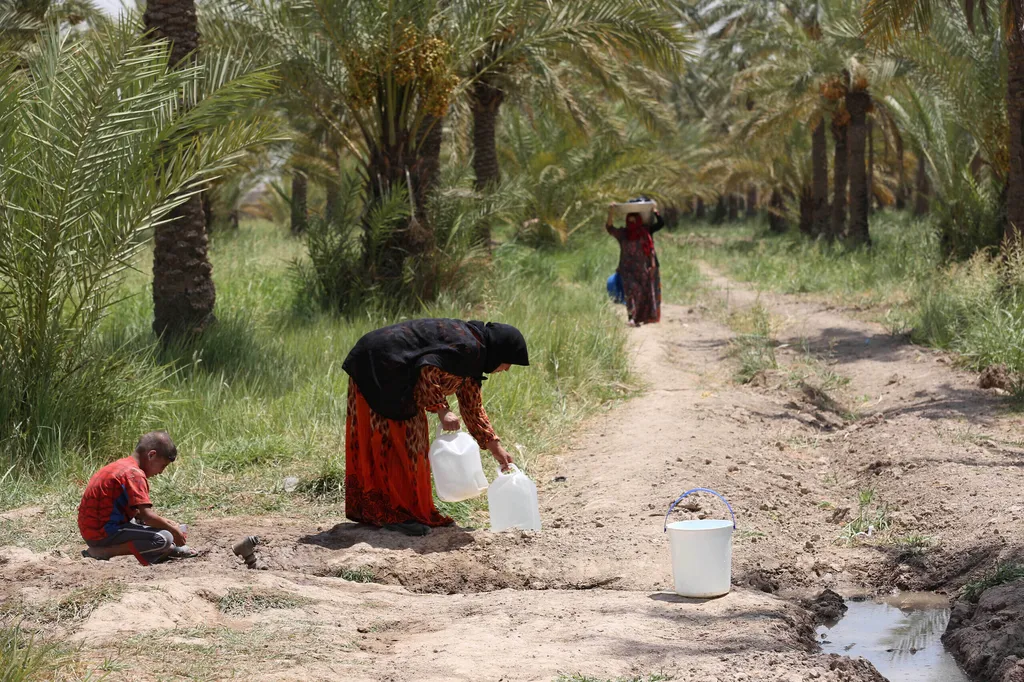In the heart of the Middle East and North Africa (MENA), where the whispers of ancient wheat fields echo through time, farmers are facing a formidable new challenge: climate change. A recent study published in the *Journal of Agriculture and Food Research* sheds light on how these farmers are adapting, and the socioeconomic factors influencing their decisions. Led by Behnam Mirgol from Coventry University’s Centre for Agroecology, Water and Resilience (CAWR), the research offers a glimpse into the future of agriculture in the region.
The study, which surveyed 250 wheat farmers across Algeria, Iran, Iraq, Jordan, Morocco, and Tunisia, reveals that farmers are acutely aware of the shifting climate. A staggering 97% of respondents accurately perceived changes in temperature, while 68-75% noticed alterations in rainfall patterns. “Farmers in the MENA region are not just passive victims of climate change,” Mirgol asserts. “They are actively observing and responding to these changes, albeit with varying degrees of success.”
In response to these changes, farmers have adopted a range of strategies. The most common adaptations include adjusting sowing dates (61%), switching crop varieties (54%), upgrading irrigation systems (49%), and changing fertiliser types (44%). However, the effectiveness of these strategies is often hindered by financial constraints, lack of access to high-quality inputs, and inadequate government support.
The study also highlights the influence of socioeconomic factors on farmers’ decision-making. Younger, less experienced, and more educated farmers, as well as those managing larger and mechanised farms, tend to adopt a broader range of strategies. Moreover, farmers who perceived increased temperatures implemented more adaptive practices, while those who perceived decreased rainfall focused on irrigation and soil and water conservation strategies.
So, what does this mean for the future of agriculture in the MENA region? Mirgol suggests that targeted policy interventions are essential to overcoming these barriers. “Affordable access to modern machinery, specialised training programs, and improved seed and fertiliser quality can enhance farmers’ resilience to climate risks,” he says. These interventions could not only ensure sustainable agricultural productivity but also contribute to food security in the region.
The findings of this study could also have significant implications for the energy sector. As farmers adapt to climate change, there may be increased demand for energy-efficient irrigation systems and other technologies. Furthermore, the shift towards more sustainable agricultural practices could open up new opportunities for renewable energy integration in the sector.
In conclusion, this research underscores the importance of understanding farmers’ perceptions and socioeconomic contexts in shaping effective climate change adaptation strategies. As Mirgol puts it, “By empowering farmers with the right tools and knowledge, we can help them navigate the challenges of climate change and build a more resilient and sustainable future for agriculture in the MENA region.”

